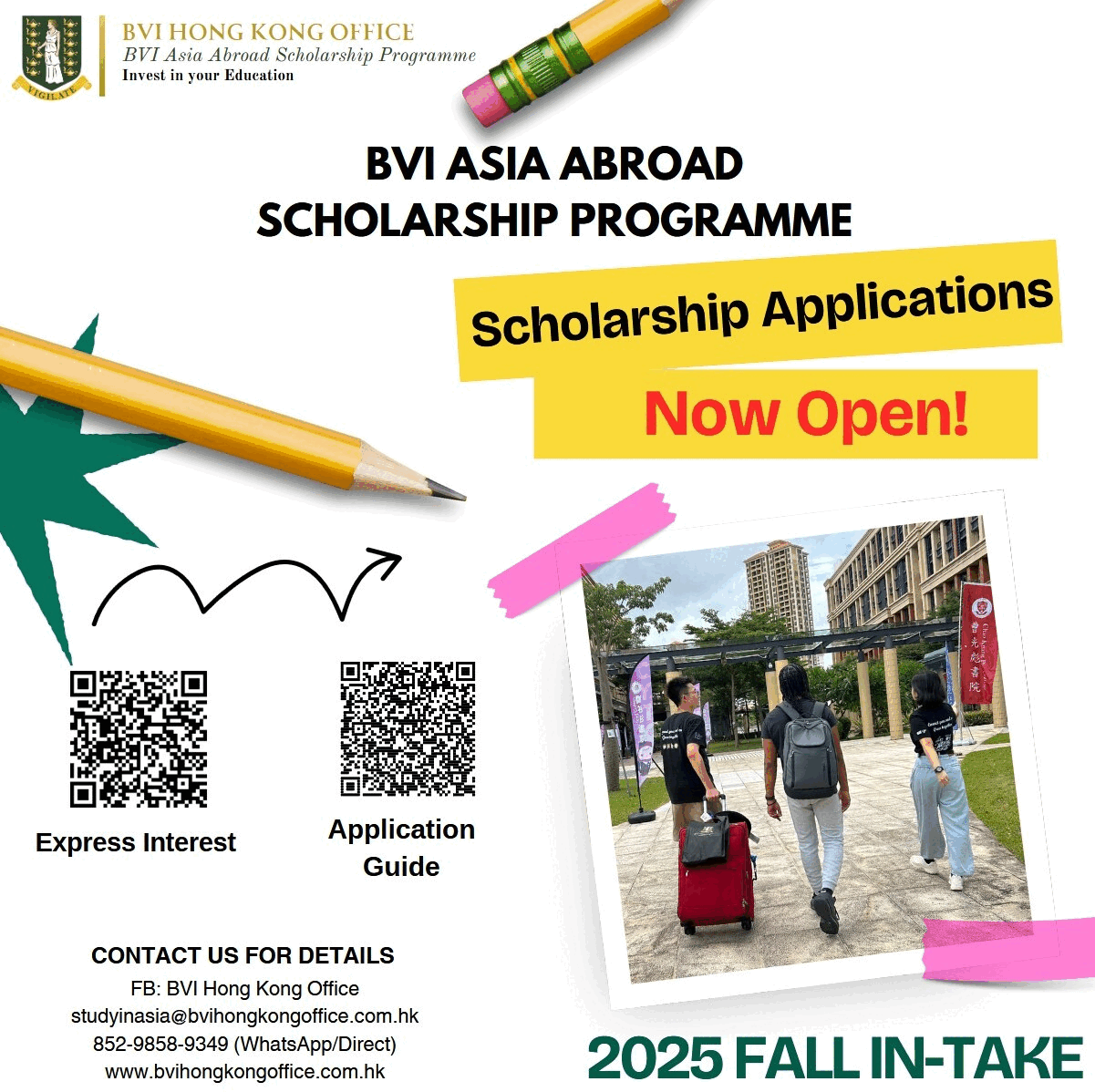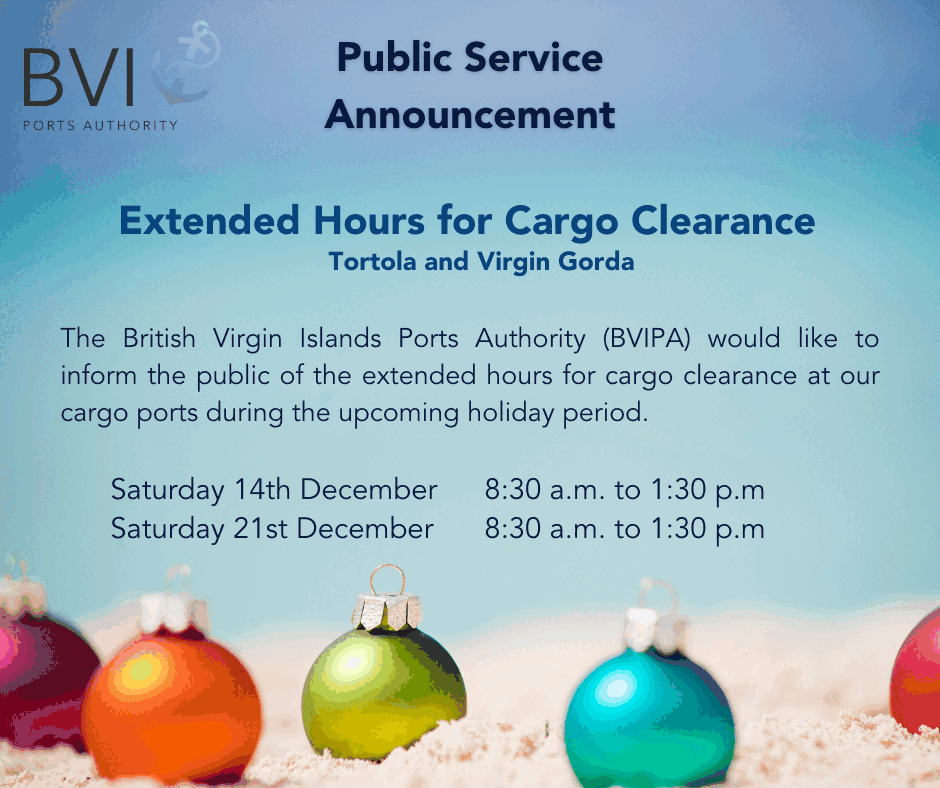Is the VI (British) ready for Independence?
United Nations (UN) Charter XI defined Non-Self-Governing Territories (NSGT) as territories whose people have yet to attain a full measure of self-government.
On December 14, 1946, UN General Assembly Resolution 66(I) issued a list of 72 territories that Chapter XI applied to. And in 1963, the Special Committee on the Situation with regards to the Declaration in granting of independence to Colonial Countries and Peoples (Special Committee on Decolonisation or C-24) approved a preliminary list of countries that the Declaration applied to. Presently, there are 17 NSGTs; both the VI (British) and its close and friendly neighbour USVI are on the NSGT list.
Further, under Charter XI Chapter 73, the VI is entitled to self-determination, including political independence. Independence is a hotly discussed and debated issue among VI residents. What is the definition of independence? Independence has many meanings. Nevertheless, a simple definition maybe it is a measure of self-governance and national sovereignty. Further, independence promotes individual as well as national growth and development. As such, is the VI ready for political independence? However, before attempting to answer this question, it may be helpful to take a peek at the VI journey thus far in its short history?
History
The following are key dates and timeframes in VI political history. The source is principally from The Virgins: A Descriptive and Historical Profile by Doctors Norwell Harrigan and Pearl Varlack:
- 1672-British annexed the VI (British) and has continually maintained control;
- 1741-Seat of VI government moved from Spanish Town, Virgin Gorda, to Road Town, Tortola;
- 1774-House of Assembly met for first time in Road Town, Tortola;
- 1816-VI, along with St. Kitts (Saint Christopher), Nevis and Anguilla formed into one colony;
- 1834-Emancipation of slaves occurred; the annual August Monday, Tuesday and Wednesday holidays are to recognize, remember and celebrate the physical freedom of slaves;
- 1901-Legislature of the VI suspended and responsibility shifted to the Governor of Leeward Islands;
- 1949-The Great March of November 24, 1949 led by Anegadian Theodolph occurred; Some 1,500 Virgin Islanders took to the street and peacefully protested and marched to the Commissioner J.A.C. Cruikshank’s office to air their long-standing grievances. The VI population in 1949 is estimated to have been between 6000-7000 thousand;
- 1950-Legislature of the VI reinstated, first modern constitution granted and some direct voting for representatives approved, as a result of the Great March of November 1949;
- 1956-Leeward Islands Federation dissolved, and VI Commissioner became Administrator;
- 1959-United States currency became legal tender, along with Eastern Caribbean currency.
- 1960-Leeward Island Governor position abolished, and VI Administrator assumed gubernatorial duties. Grant-in-aid approximately 71% of government revenue;
- 1963-First million-dollar budget presented to the Legislature. Budget for fiscal year 2021 is estimated to be over $400M;
- 1967-VI granted second modern constitution with ministerial government. The late iconic Hamilton Lavity Stoutt emerged as the first Chief Minister after the first election under the new constitution;
- 1968-four-fifth (4/5) of Anegada and Wickhams Cay leased to a British company Kenneth Bates-Hill for 199 years;
- 1969-Commission of enquiry appointed to investigate Anegada Development Company (ADC) and Wickhams Cay (WC) lease, as a result of strong agitation against the lease by Positive Action Movement that was ably led by national hero Noel Lloyd;
- 1971-Title of Administrator changed to Governor;
- 1977-VI granted third modern constitution; June 1977 UK devolve finance to local government, i.e., Chief Minister;
- 1978-VI government wean itself off of grant-in-aid;
- 1981-VI status changed from Colony to Dependent Territory under the British Nationality Act;
- 2002-VI status change from Dependent Territory to Overseas Territory with Overseas Territory Act;
- 2007-VI granted its fourth modern constitution; and,
- 2017-Hurricanes Irma and Maria, two monsters, category 5 storms, slammed into and devasted the VI in September 2017, resulting in hundreds of millions of dollars in damages.
Small Islands Developing States (SIDS)
Moreover, along with being 1 of 17 NSGTs, the VI, as well as the USVI, is also 1 of 57 SIDS. SIDS have some common, inherent disadvantages and vulnerabilities. For the VI, these include a) small size (59 square miles spread over 36 islands, islets, cays and rocks; approximately 31,000 population; $400M operations and maintenance budget; approximately $1B GDP), b) remoteness and insularity, c) disaster-prone, d) environmental fragility, e) resource-poor, f) heavy dependence on external finance and g) demographic changes. These factors render the VI vulnerable to forces outside its control.
Resources and Economy
The VI is a resource-poor territory that lacks the resources to develop either a primary economy (farming, agriculture, fishing, mining, energy) or a secondary economy (textiles, tools, machinery and equipment; steel, glass, transportation, agro). It has a fragile service-based economy based on the twin pillars of tourism and financial services. Financial services generates 60% of government revenue and tourism provides more direct, indirect, and induced employment for the approximate 13,000 workforce; a majority of workforce is imported.
Further, though in some countries the service or tertiary economy is large and growing, in the VI, the service-based economy is small and fragile. Covid-19 has exposed the weakness, fragility, and the heavy dependence of foreign exchange earnings from tourism and financial services. True, Covid-19 has adversely impacted the global economy. However, the economy needs to be strengthened, deepened, and diversified. With a dearth of natural resources, the service economy provides the best opportunity for economic growth, development, and diversification. Moreover, the transition from subsistence farming and agriculture to services improved the standard of living, quality of life, propelled the VI into having one of highest capita income in the region and grew the GDP to approximately $1B. Nonetheless, the VI cannot let the GDP cloud the reality on the ground, i.e., the inherent disadvantages, vulnerabilities, and dearth of resources.
Political vs. Economic Independence.
The VI people under UN Charter is entitled to pursue self-determination, including political independence. Self-determination entitlement ensured, some economic strengthening, growth, diversification, and independence should be pursued before wading into the deep ocean of political independence. The VI can simultaneously work on acquiring more autonomy while developing some economic independence on the road towards political independence. Currently, the VI shares governing responsibility with the Crown who is represented on the ground by a Governor who is also the de facto head of state. The Governor is responsible for external affairs, defence, internal security, Royal Virgin Islands Police Force (RVIPF), Courts, and Civil Service; local government, other responsibilities, including finance. At the next constitutional review, there are opportunities for more autonomy and changes, i.e., reduce governor’s reserve powers, restructure bills assenting process, eliminate Governor’s direct involvement in Cabinet, shift control of civil service to local government………etc., restructure/expand House of Assembly, share the division of labour among more ministers, establish unity of command during declared emergencies, establish date certain for national election, review/establish process for creating statutory bodies, create more daylight between executive and legislative branches, expedite judicial process (justice delayed is justice denied), look at opportunity to permit voters to vote directly for the leader of government…………..etc.
Independence Preparatory Steps
Before pursuing political independence, the VI should conduct a)cost-benefit analysis, b)strengths, weaknesses, opportunities and threats (SWOT) analysis, c) specific, measurable, attainable, relevancy, and timely (SMART) analysis; d)roll out a territory-wide public education and outreach effort on the pros and cons of political independence and e)conduct a territorial referendum on political independence. The referendum should require more than a plurality of the vote for a FOR approval. For instance, it should be a 60% or greater majority for FOR independence. Additionally, the VI should benchmark its larger, sister, Anglophone regional countries that have had independence since 1962. For example, Jamaica gained independence on August 06, 1962; St Kitts the last, September 19, 1983.
Forms of Self-determination
Self-determination is more than political independence. In addition to independence, it can include a) federation, b) associated statehood, c) free association, d) mergers……etc. Perhaps the referendum vote can include more than the independence option. The VI will not be first OT of the UK to hold a referendum on independence. For example, Bermuda, the oldest OT with perhaps the third oldest parliament and self-governing experience since around 1620, held an independence referendum on August 16, 1995; approximately 74% of the approximately 60% of the registered voters that turned out to vote voted against independence.
Finally, an independent country must have the governing structure in place to support the rule of law, protect the health, safety, security and well-being of citizens; provide a strong, stable and diversified economy for citizens to enjoy a relatively high quality of life and standard of living; provide accessible, available and high-quality health care, provide high-quality education and training, build, operate and maintain high quality, world class physical infrastructure, protect and preserve environmental resources, maintain and enhance food security, provide social safety nets for the truly needy, build institutions on which social order and justice depend, minimise political patronage and dependency, build resiliency in the economy to expedite recovery after emergencies, build mutual aid agreements with neighbours and so on.
A clear majority of voters/residents should determine if the VI is ready for independence and if it is in the best interest of the territory? There must be a full civic engagement on the critical issue of political engagement.












.png)
























10 Responses to “Is the VI (British) ready for Independence?”
Oh! Let me drop this in. You posible may do well as a polition. But if the majority of voting public chose you, be an honest one. level with the people, not a hypocrite, as some are are conscience smared now. Let the independence issue rest until the time comes, if it does. Let's deal with the more pressing issues that will benefit us most in the shot and medeum term.
Blessings.
[Let’s lead live eagles, not careen off the cliff like buffaloes]
Meaning that with independence a nation has to affect the images of independence too: Embassies in Ottawa, Washington, New York, London, Brussels, Paris, Berlin, Tokyo, etc. Those offices needs staffing with competent individuals, ambassadors and high commissioners, and they need the exorbitant salaries and budgets those expensive cities and positions demand.
That's a brain drain and a financial drain. Can we afford the price tag of independence?
Do you people really have any clue about how many persons regionally and internationally the BVI has empowered and nurtured to success? We have no reservations about uplifting foreigners and helping them and their country achieve their aims and aspirations but when it comes to our country and our people there is always an excuse why it is not possible. This is the biggest obstacle that we have to overcome. It is impossible for us to advance as a nation with the mentality that we presently exhibit. Let us take Noel Lloyd as an example; he was labeled as crazy and victimized at every thing that he tried to do in this country. So why is there a park and statue in his honour now after he is dead. Would it not have been better if we had accepted his contribution while he was alive. I am of the opinion that if we had we would be a lot closer to the independence that we now talk so much about. We need to get our house in order. Too many foul spirits have set up shop and are hindering the progress of this country for their own personal benefit. Too many of us sincerely believe the lies that are being peddled about us as a people. A serious educational process has to be undertaken in order to heal our people and set them free from the mental bondage that is so evident in our society. Are we willing to take that stand or will we continue to live in DENIAL mired in corruption and greed. We are at a cross road and the clock is ticking. Will we rise to the occasion or will we allow time to run out.